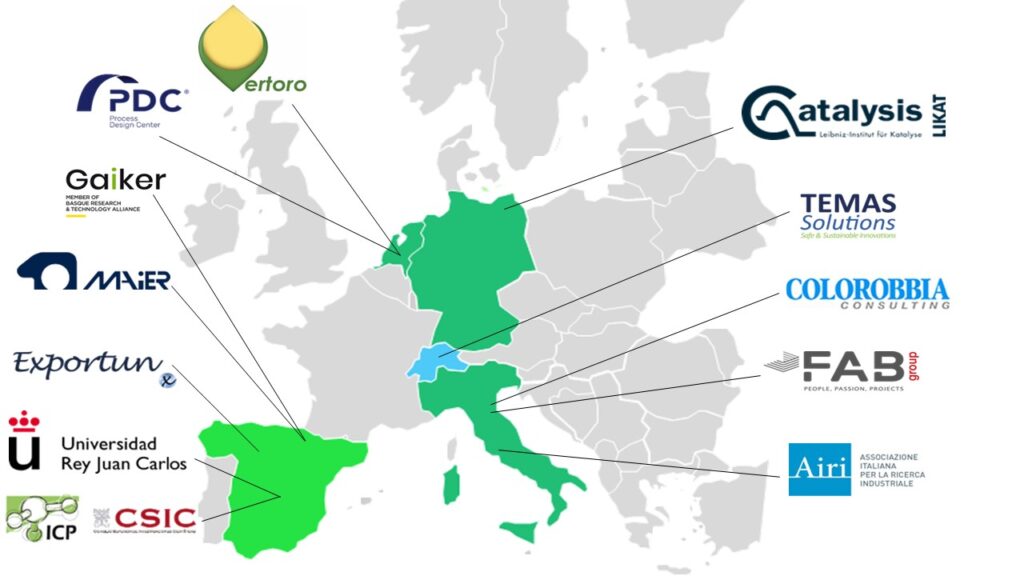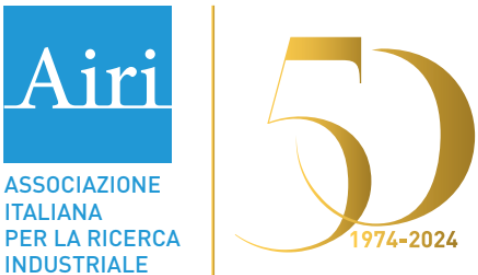 Il progetto mira a sviluppare un nuovo portafoglio di formulazioni rinnovabili per i bio-rivestimenti poliuretanici ottenuti dall’indurimento mediante UV-curing, che abbiano caratteristiche ottimali di biodegradabilità e riciclabilità per i settori dell’edilizia, dell’arredamento, dell’automotive e non solo.
Il progetto mira a sviluppare un nuovo portafoglio di formulazioni rinnovabili per i bio-rivestimenti poliuretanici ottenuti dall’indurimento mediante UV-curing, che abbiano caratteristiche ottimali di biodegradabilità e riciclabilità per i settori dell’edilizia, dell’arredamento, dell’automotive e non solo.
L’approccio Safe and Sustainable by Design (SSbD) in combinazione con le tecnologie digitali sarà studiato e applicato durante lo sviluppo di queste nuove soluzioni, sfruttando le competenze multidisciplinari del team del progetto.
I rivestimenti in poliuretano (PU) UV-curable svolgono un ruolo importante in un’ampia gamma di settori grazie alla loro versatilità, alle eccellenti prestazioni e all’efficienza energetica della loro produzione e applicazione, ma dipendono ancora in larga misura da materie prime di origine fossile.
Dall’altro lato, i rivestimenti bio-based sono un mercato emergente, poiché gli obiettivi di sostenibilità delle aziende, la crescente consapevolezza di utenti finali e clienti e le politiche verso la sostenibilità spingono ad aumentare le opportunità per i sistemi bio-based, in linea con la strategia dell’UE per la bioeconomia e con la transizione globale verso l’economia circolare.
Per rispondere a questa esigenza, il progetto svilupperà la produzione di building blocks adatti alla formulazione di nuovi rivestimenti bio-based e ad alte prestazioni, con migliori proprietà termomeccaniche, fornendo una valida alternativa a quelli a base fossile ora esistenti.
L’obiettivo di BIORING è fornire una soluzione versatile, robusta e scalabile di rivestimenti bio-based, ottenuti da molecole fotoreattive derivanti da biomasse e dotate di gruppi idrossilici, , che sia testata e convalidata su scala semi-industriale per sostanze rigide come carta e plastica.
La nostra soluzione è strutturata come una piattaforma modulare che consentirà in futuro l’integrazione di nuovi e diversi elementi costitutivi, per adattarsi a una varietà di applicazioni e settori.
BIORING adotterà un approccio che integra le prestazioni del prodotto, la sostenibilità, la sicurezza e le potenziali problematiche legali fin dalle prime fasi dello sviluppo dei rivestimenti.
Il consorzio è composto da università, aziende e utenti finali ed è guidato dal Consiglio Superiore della Ricerca Scientifica (ES). I partner del Progetto sono Process Design Center BV (NL), Keuken & De Koning BV (NL), Fundación Gaiker (ES), Temas Solutions GmbH (CH), Export Blue Market SL (ES), Colorobbia Consulting SRL (IT), Leibniz – Institute for Catalysis e.V. (DE), Vertoro BV (NL), FAB srl (IT), Universidad Rey Juan Carlos (ES), Maier Scoop (ES) e Maier Technology Centre S. Coop. (ES) ed Airi – Associazione Italiana per la Ricerca Industriale (IT).
Airi è partner del progetto, contribuisce all’applicazione della strategia SSbD ed è responsabile delle attività di comunicazione, disseminazione e sfruttamento dei risultati.
BIORING: new EU project on renewable UV curing polyurethane biocoatings just started
The new Horizon Europe project BIORING (Engineering high performance biocoatings from renewable reactive building blocks), funded by Circular Biobased Europe Joint Undertaking (CBE JU) with the call HORIZON-JU-CBE-2022, started on June 1st, 2023, and will run until May 31st, 2026.
The project aims to develop a novel portfolio of renewable formulations for UV curable polyurethane biocoatings with optimal biodegradable and/or recyclable features for the construction, furniture, automotive sectors and beyond.
A Safe and Sustainable by Design (SSbD) approach will be investigated and applied throughout the development of these new solutions in conjunction with digital technologies, taking advantage of the multidisciplinary expertise of the team of the project.
UV curable polyurethane (PU) coatings play a major role in a wide range of industries, due to their versatility, excellent performance and energy-efficient production and application, but they still largely depend on fossil-based raw materials.
On the other side, biobased coatings are a small but emerging market, since specific sustainable targets of companies, increasing awareness of end-users and customers, and sustainability goals from policies push to increase opportunities for biobased systems, in line with the EU bioeconomy strategy and the global transition to a circular economy.
To answer this need, we will advance in the production of biobased building blocks that allow the formulation of novel high performance biocoatings with enhanced thermomechanical performance, providing a viable alternative to existing fossil-based ones.
BIORING objective is to provide a versatile, robust and scalable solution of biobased coatings based on biomass-derived photoreactive hydroxyl-functionalised molecules, validated on a semi-industrial scale on rigid substances like paper and plastic.
Our solution is structured as a modular platform which will allow the integration of new and different building blocks in the future, to adapt to a variety of applications and industries.
BIORING will adopt an upstream approach which integrates product performance, sustainability, safety, and potential legal concerns since the early stages of the development of the coatings.
The consortium consists of universities, companies, and end users and is led by Consejo Nacional de Investigaciones Científicas (ES). Project partners are Process Design Center BV (NL), Keuken & De Koning BV (NL), Fundación Gaiker (ES), Airi – Italian Association for Industrial Research (IT), Temas Solutions GmbH (CH), Export Blue Market SL (ES), Colorobbia Consulting SRL (IT), Leibniz – Institute for Catalysis e.V. (DE), Vertoro BV (NL), FAB srl (IT), Universidad Rey Juan Carlos (ES), Maier Scoop (ES), and Maier Technology Centre S. Coop. (ES).
Airi is a partner of the project, contributing to the application of the SSbD stategy, and leading the dissemination, communication and exploitation activities.



